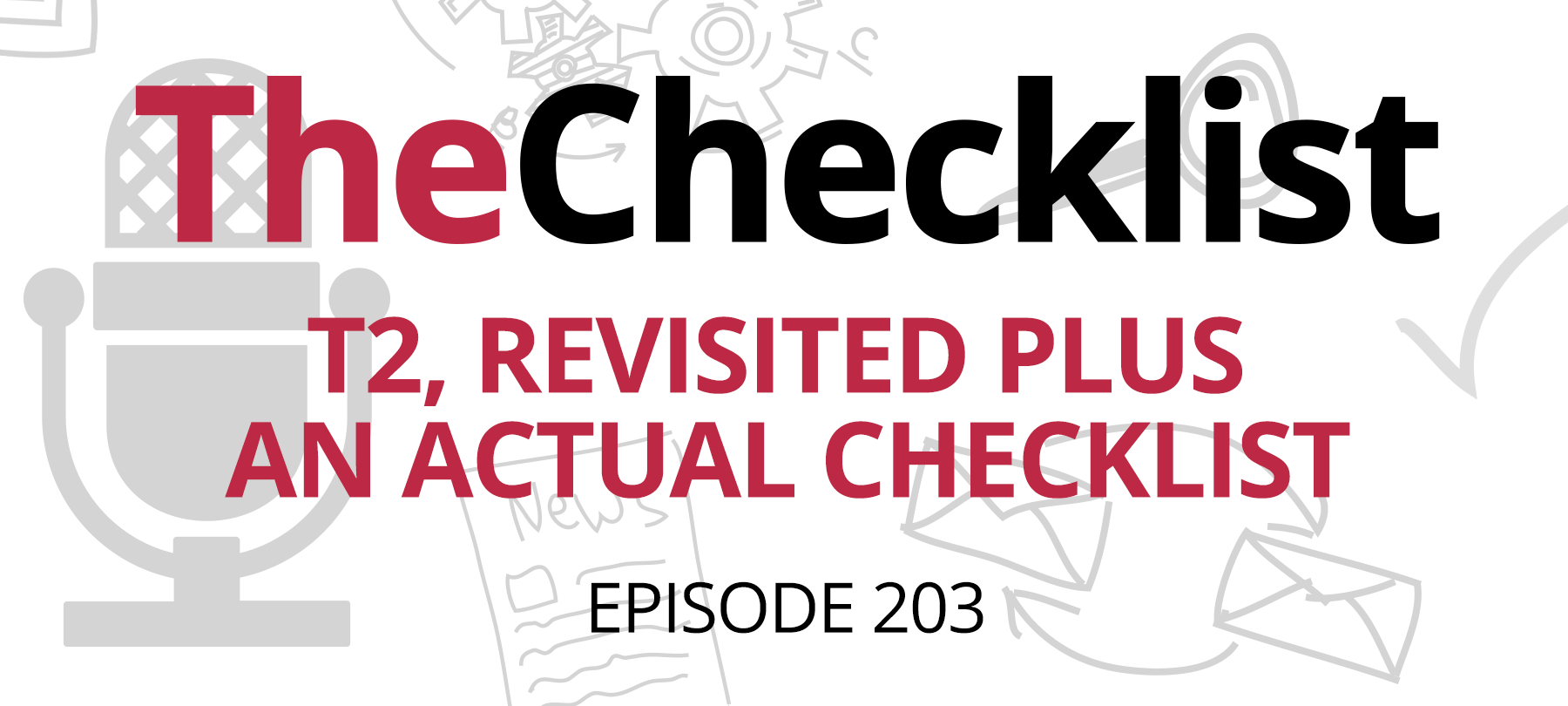DDoS Attack by Smart Toothbrushes Turns Out to Be a False Alarm
In a bizarre turn of events, the widely circulated story of a distributed denial of service (DDoS) attack launched by a botnet of three million smart toothbrushes has been debunked. What initially appeared as a concerning cybersecurity incident turned out to be misinformation that spread rapidly across various reputable news outlets.
The saga began with reports from Tom’s Guide, citing a Swiss-German newspaper, which claimed that hackers had compromised millions of smart toothbrushes to orchestrate an attack on a Swiss company. Allegedly, vulnerabilities in smart devices allowed hackers to commandeer them for nefarious purposes, leading to a significant disruption in services for the targeted company.
However, further investigation revealed that the narrative was based on a misinterpretation of information. Fortinet, the security company initially associated with the story, clarified that the toothbrush-DDoS attack was merely mentioned as an example during an interview and was not backed by any research. Subsequently, cybersecurity experts criticized the handling of the situation, emphasizing the importance of verifying information before presenting it as fact.
While the toothbrush incident turned out to be a false alarm, it raised awareness about the potential risks associated with unsecured Internet of Things (IoT) devices. Despite toothbrushes typically using Bluetooth LE instead of Wi-Fi, making them less susceptible to being harnessed for botnets, the broader issue of IoT devices being exploited for cyberattacks remains relevant.
To mitigate such risks, cybersecurity measures for IoT devices were reiterated, including sticking to reputable manufacturers, avoiding discontinued products, and regularly updating firmware and software. Additional precautions such as using separate email addresses for IoT device registration and setting up guest networks for smart home devices were also recommended.
The incident serves as a cautionary tale, highlighting the importance of vigilance in the face of cybersecurity threats and the necessity for accurate reporting to maintain trust in the digital landscape. While the toothbrush-DDoS attack may have been fictitious, the underlying message about securing IoT devices resonates as a critical concern in the realm of cybersecurity.
TechCrunch Investigation Unveils Shady Operators Behind AI-Generated Political Calls
In a recent episode of the podcast Checklist, deepfake audio impersonating former President Donald Trump and current President Joe Biden sparked concern regarding potential misuse. Following up on the Biden impersonation, Episode 362 revealed insights into the origins of the technology behind the fake audio. It was traced back to ElevenLabs, a company recently funded with $80 million. While ElevenLabs claimed the misuse was against its policies, the company admitted it was aware of the account responsible and had terminated it.
Further investigation by TechCrunch uncovered the intricate web of entities involved in the dissemination of the fake calls. The calls were traced through a series of telecom providers, notably Lingo, which has a history of engaging in illegal operations according to the FCC. However, Lingo acted merely as a pass-through in this instance, facilitating the deceptive calls on behalf of a Texas-based company named Life Corporation, owned by Walter Monk. Life Corporation, known for its shady dealings, was cited by the FCC in 2003 for illegal telemarketing practices.
Despite scant information available about Life Corporation’s operations, its involvement in illicit activities raises eyebrows. TechCrunch’s examination of Life Corp.’s website revealed vague language and ambiguous claims, suggesting dubious legitimacy. Furthermore, the FCC has clarified that the use of AI-synthesized voices in robocalls constitutes illegal activity under existing regulations, potentially leading to legal consequences for perpetrators.
As the 2024 election year unfolds, the discovery highlights the challenges posed by emerging technologies in safeguarding democratic processes. While regulatory measures aim to curb such abuses, the sophistication of AI-generated content presents ongoing challenges for enforcement agencies.
For those seeking reassurance, TechCrunch reports that the FCC’s clarification strengthens legal grounds against perpetrators of such deceptive practices. However, the intricate network of entities involved underscores the need for continued vigilance in combating technological subversion in political discourse.


